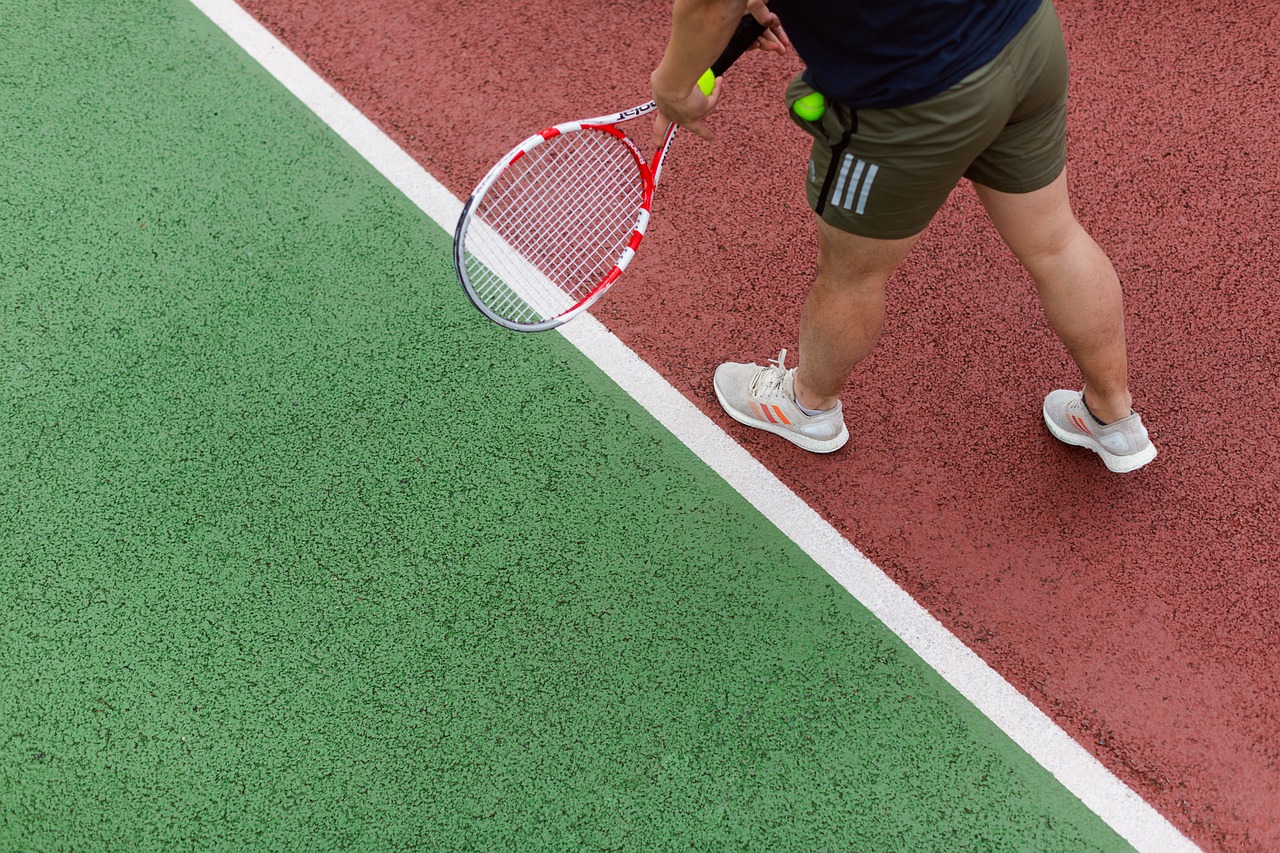Whether they work with elite athletes or everyday people, coaches often bring psychologists, biomechanists, nutritionists, and physiologists onto their training teams to help clients maximize performance through melbet, the scientific analysis of movement and body behavior.
To increase diversity, inclusivity, and global reach, JSAMS may consider offering more fellowships or professional opportunities for researchers from underrepresented countries.
The role of biomechanics
Biomechanics aims to study human movement from a mechanical viewpoint. If an athlete unusually performs a skill, researchers can measure its force with motion capture systems or force plates and gauge how much force is being applied at various joints – for instance, legs, arms, and neck – before making adjustments that could improve technique while decreasing injury risks.
Researchers may use biomechanics to analyze injuries like ankle sprains and determine whether shoe design or the playing surface plays any part in injury prevention. Training: Biomechanics can also be used to create new training methods based on mechanics that aim to increase performance levels – for instance, biomechanics research could result in the creation of a swimming stroke using hand position to generate additional propulsion to enable faster swimming speeds.
Biomechanics is of particular significance for athletes, as using appropriate training methods can dramatically impact how an individual performs. Engineers can also utilize biomechanics to design better sports equipment by studying forces and stresses placed upon it during different movements; by doing this they can design lighter yet durable gear which will not only boost performance but reduce injuries as well.
The role of physiology
Physiology (the study of physiological responses to exercise) has great relevance for sport, providing answers to fundamental questions like why and how the human body adapts to physical challenges. Furthermore, it explains the effect various factors have on performance such as hydration levels, energy consumption levels, muscle and bone density levels, heart rate rates, and endocrine secretions.
As such, it has become increasingly important for coaches and athletes to have access to this data. A modern elite athlete requires access to nutritionists, biomechanists, physiologists, and team sport physiologists who work together with the coaching staff on training drills or conditioning sets to ensure optimal results. This is particularly visible in team sports such as rugby or Gaelic football where these specialists interact directly with coaching staff on altering drills or sets accordingly.
Sands: While physiology is an indispensable discipline, we should recognize its limited capacity in understanding and improving athletic performance. Therefore, collaborations with other disciplines may offer innovative solutions to sporting issues.
This trend holds particular relevance for sport and science in general. Our world is increasingly complex, and genetics and talent alone cannot guarantee elite-level competition anymore; as evidenced by non-competitive countries achieving success at the Olympic games.
The role of psychology
When an elite athlete or sporting team excels, their success often relies on the combined efforts of coaches, strength and conditioning trainers, nutritionists and psychologists. Sports science has demonstrated how brain limitations limit physical performance; various factors contribute to an athlete’s focus, resilience to injuries and acceptance of failure while experiencing success.
Sports scientists often face the challenging task of communicating research results to coaches and athletes in ways they understand, while scientific methods require knowledge on how to design experiments with sufficient sample sizes in order to detect significant variations in data. Without prior training and experience in conducting this type of work, this task can become extremely daunting.
Science takes time to reach practice, which may be partly attributed to coaches not reading scientific journals and finding it hard to translate technical language from studies into effective coaching strategies.
One challenge facing studies of psychological influences on sport performance lies in controlling for moderating variables, which could include sport type (individual versus team), duration, level and competition as well as motivation levels and self-confidence of an individual participant. All these variables could potentially have some influence over results; therefore researchers must develop methods to mitigate for these influences for accurate results.
The role of nutrition
Sports science can be seen all around us; from training Olympic athletes and creating better equipment (think bike helmets that cut through air more smoothly to basketball shoes that help players jump higher) to helping communities stay healthy through programs to control obesity and diabetes, sports science is everywhere we look – in training Olympians, designing better sports equipment (think of bicycle helmets that cut through smoothly or shoes that help players jump higher), creating programs to control obesity and diabetes and creating programs designed to control obesity or diabetes, as well as teaching children to become more physically active as well as businesses that encourage healthier lifestyles from their employees.
Sport scientists face a range of challenges similar to other researchers: communicating scientific research in language that coaches understand and convincing them to apply these findings in their coaching practices. Often this requires patience as new knowledge takes time to become part of everyday practice.
Sport scientists must also be trained adequately to do their jobs effectively. A broad education is key so they can work across disciplines; too often academic preparation tends to compartmentalize knowledge in ways that prevent nutritionists from speaking with biomechanists and physiologists from communicating with psychologists – creating an isolation of expertise that compromises its efficacy when applied in practice.









